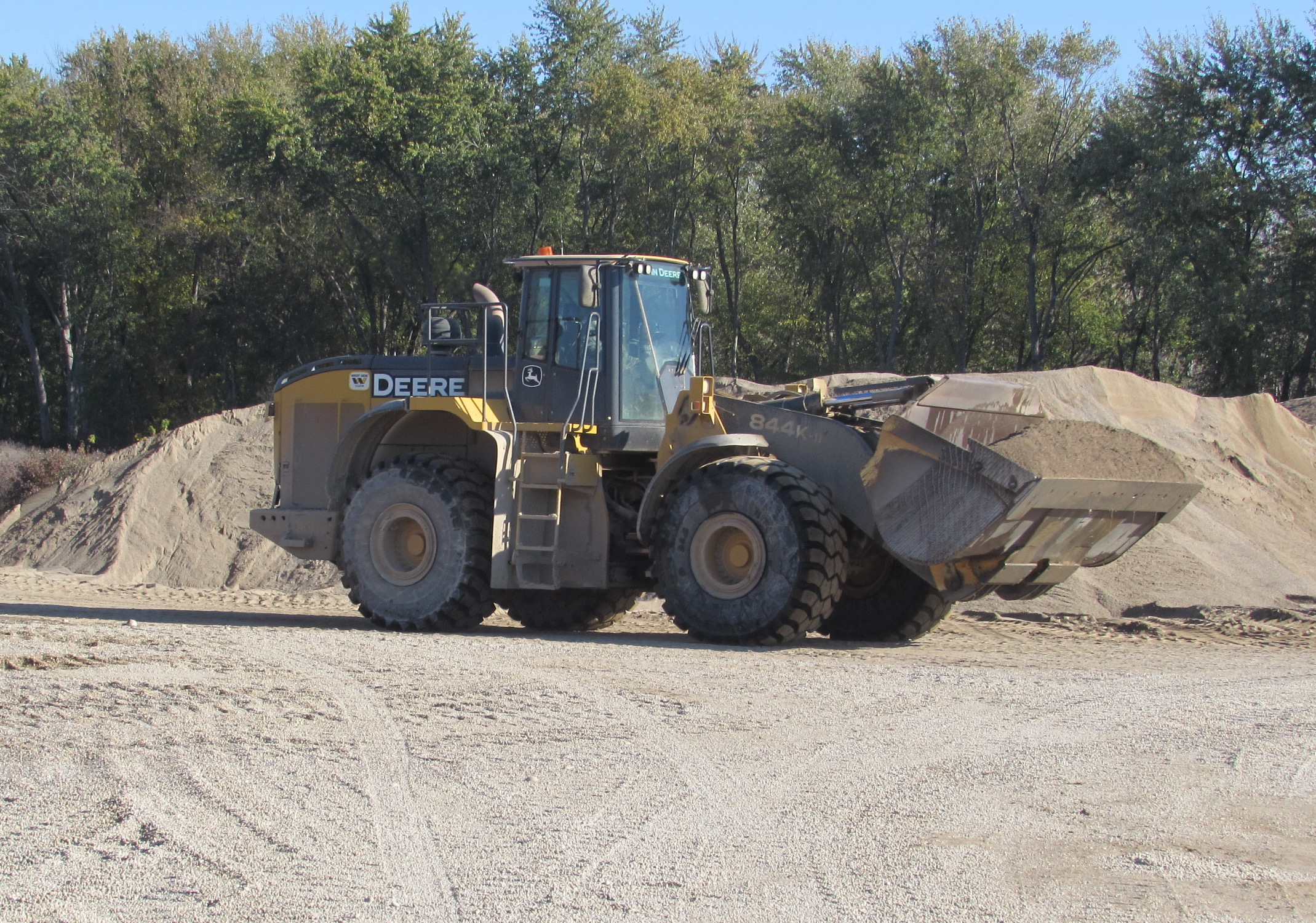By Mark S. Kuhar

In what is likely to be a more challenging year for both the economy and the equipment finance industry, the 2023 forecast for equipment and software investment growth is 4.2%, according to the 2023 Equipment Leasing & Finance U.S. Economic Outlook.
The report released by the Equipment Leasing & Finance Foundation also forecasts sluggish U.S. GDP growth of 0.9% (annualized) due to a mild recession that is expected to begin midway through the year. The foundation’s report is focused on the $1.16 trillion equipment leasing and finance industry and highlights key trends in equipment investment, placing them in the context of the broader U.S. economic climate.
Nancy Pistorio, foundation chair and president of Madison Capital LLC, said, “Equipment investment, the lifeblood of the equipment finance industry, has maintained steady growth since the onset of the pandemic. Despite higher interest rates, inflation and expectations of a downturn in 2023, the report indicates that a ‘soft landing’ in which the economy avoids recession is still possible. In addition, there are several factors that may make the looming downturn less severe for our industry than previous recessions, including pro-industrial legislation, equipment order backlogs, and reshoring trends.”
Equipment and software investment growth boomed in the second half of 2022 with nearly 12% annualized growth in the third quarter, providing a solid jumping-off point for 2023. However, rising interest rates are expected to weigh on investment growth next year.
The U.S. economy also saw GDP growth bounce back during the second half of 2022, although underlying conditions remain troubling. The housing market is struggling, financial markets are highly volatile and the global economy is slowing.
The manufacturing sector continues to outperform expectations given rising interest rates and the global economic slowdown. Although activity appears likely to slow in 2023 given expectations for a recession, recent pro-industrial legislation and a push for supply chain re-shoring should give the manufacturing sector a boost.
For Main Street businesses, the combined effects of high inflation and tightening financial conditions are likely to contribute to turbulent operating conditions in 2023. Fortunately, financial stress is still quite low and small business lending activity remains positive for now.
Monetary policy is among the biggest questions facing the equipment finance industry in 2023. The Fed has hinted at the possibility of slowing down interest rate hikes, while stressing it is committed to reining in inflation at the risk of higher unemployment or a recession. Interest rate levels are expected to rise above 5% next year, and potentially higher.
The Foundation-Keybridge U.S. Equipment & Software Investment Momentum Monitor, which is released in conjunction with the Economic Outlook, tracks 12 equipment and software investment verticals. In addition, the Momentum Monitor Sector Matrix provides a customized data visualization of current values of each of the 12 verticals based on recent momentum and historical strength. In December, one vertical was expanding, six were peaking, two were recovering, and three were weakening. Over the next three to six months, year over year:
- Mining and oilfield machinery investment growth may decelerate.
- Construction machinery investment growth is likely to ease.
- Materials handling equipment investment growth may improve slightly.
- All other industrial equipment investment growth may continue to decelerate.
- Ships and boats investment growth is unlikely to accelerate.
- Railroad equipment investment growth may have peaked and could decelerate.
- Trucks investment growth is unlikely to improve.
- Computers investment growth is unlikely to accelerate further.
- Software investment growth is unlikely to improve.
- Agriculture machinery investment growth is likely to sidewind.
- Medical equipment investment growth will likely sidewind.
- Aircraft investment growth may continue to pick up.
